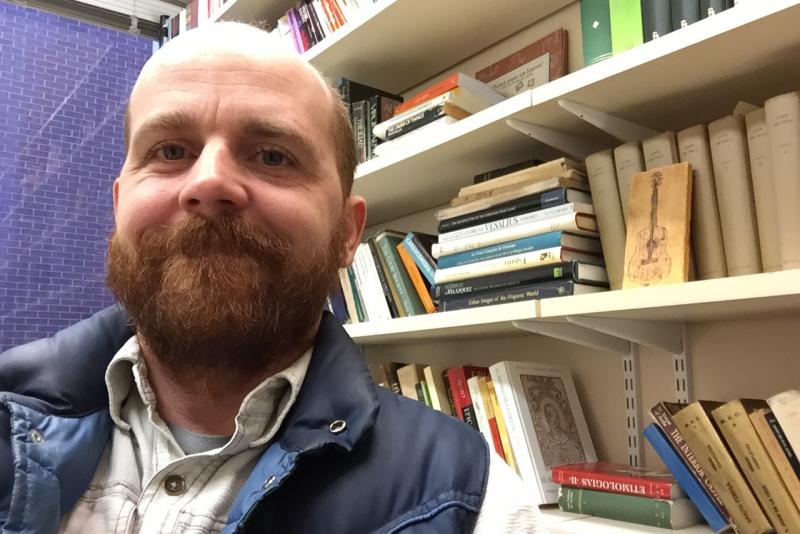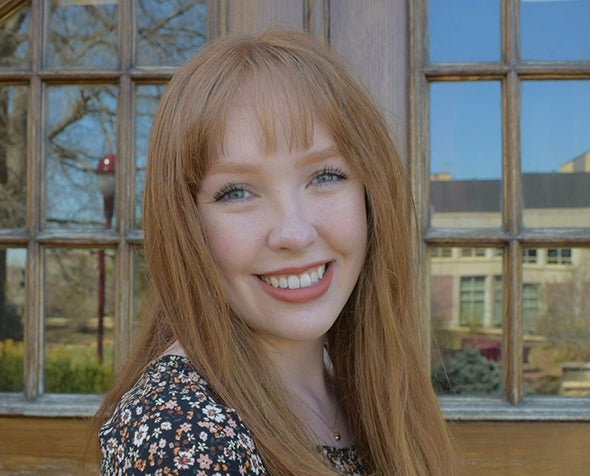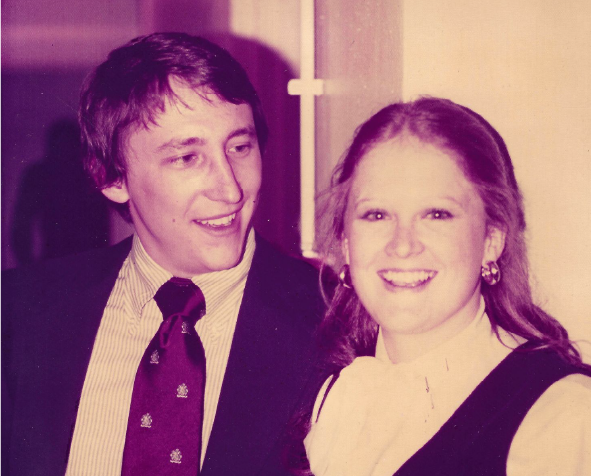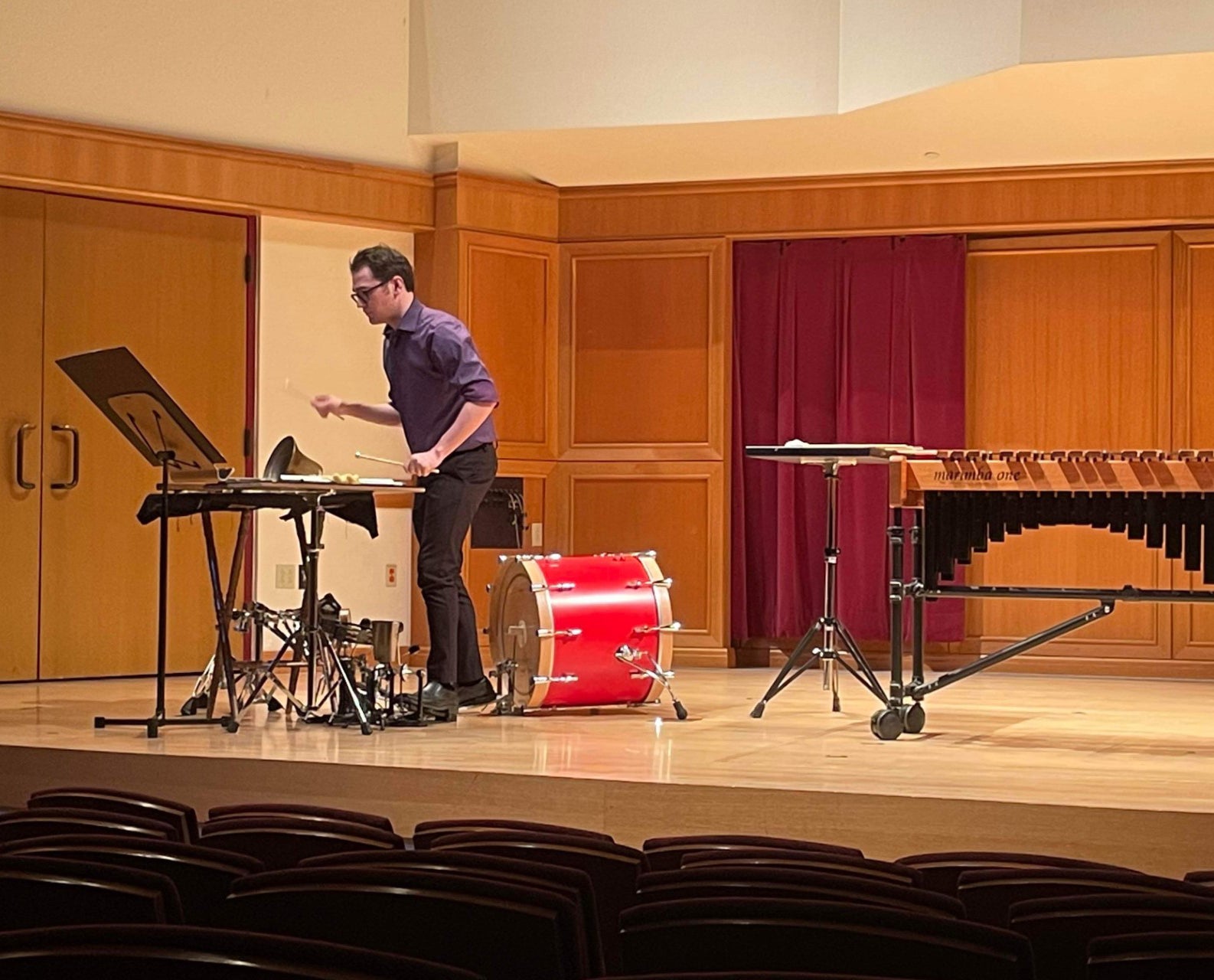CAHSS Professor Connects Literature of Early Modern Spain, Medieval Iberia with Transcending Contemporary Divides

When Chad Leahy took a class on Cervantes’ “Don Quixote” at the Instituto Internacional in Madrid while studying in Spain as an undergraduate, he knew he’d found his life’s work. “It’s a book about books and so richly human,” he said.
It’s also a book about different viewpoints on multiple levels, a theme that continues to fascinate Leahy and prompt new insights into the novel’s literary and cultural relevance in today’s world of polarized perspectives.
“In the windmill scene where Don Quixote wants to attack what he sees as an evil giant and Sancho sees as a windmill you have two people perceiving the same object very differently,” said Leahy. “That phenomenon gets replicated throughout the text in all kinds of ways but also among readers and critics. How is it even possible that people interpret so differently?”
The quest to answer that question sparked a passion for the literature of early modern Spain and altered Leahy’s academic trajectory. When he returned from Spain, he devoured books from the period “and read things like ‘The Autobiography of Saint Teresa of Ávila’ and whatever else I could get my hands on,” he said.
Raised in South Hadley, Mass. by his great aunt who adopted him as a baby, Leahy grew up with the eleven children of his four, much older siblings, playing in the surrounding woods and studying Spanish, guitar, and percussion instruments in school. For years he helped his adopted parents selling hot dogs and later worked in various food service jobs, experiences he credits with instilling a deep empathy for often overlooked service-industry workers.
Today an associate professor with tenure and Chair of the CAHSS Spanish Language, Literary & Cultural Studies Department, Leahy earned a BA in Hispanic languages and literatures and a BMus in music education from Boston University followed by a PhD in Hispanic studies from Brown University. He recalls often feeling like an outsider.
“As a first-gen student I felt like a fish out of water at BU where you had this very particular set of students from very particular backgrounds,” he explained. “I carried around a self-critical awareness and a sense that my being there was something accidental rather than earned.”
Leahy held a non-tenured faculty position at Villanova University for six years before accepting a job as an assistant professor at the University of Denver in 2014, where he continues to research and teach the literature and cultures of early modern Spain and medieval Iberia. He’s especially interested in studying and teaching how the past intersects with contemporary issues of gender, race and identity.
“I had this identity crisis where I was asking why does what I study matter, why does what I teach make a difference? An older approach to that question might have been these are classics that should be part of every student of Spanish’s education, but that answer wasn’t really satisfying me in the face of rising hatred, xenophobia and ethnonationalist movements around the world.”
The Christ Church Mosque shootings committed by a white supremacist in New Zealand in 2019 left Leahy grappling with connections the shooter had made to Spanish history.
“He used weapons scrawled with dates and names, a couple of which connected really specifically with the kinds of things that I study,” Leahy said. “It was a clear example of a literal weaponization of early modern and medieval Spanish studies.” The tragedy caused Leahy to reach out to other scholars to explore the implications, leading to a roundtable discussion held on campus.





